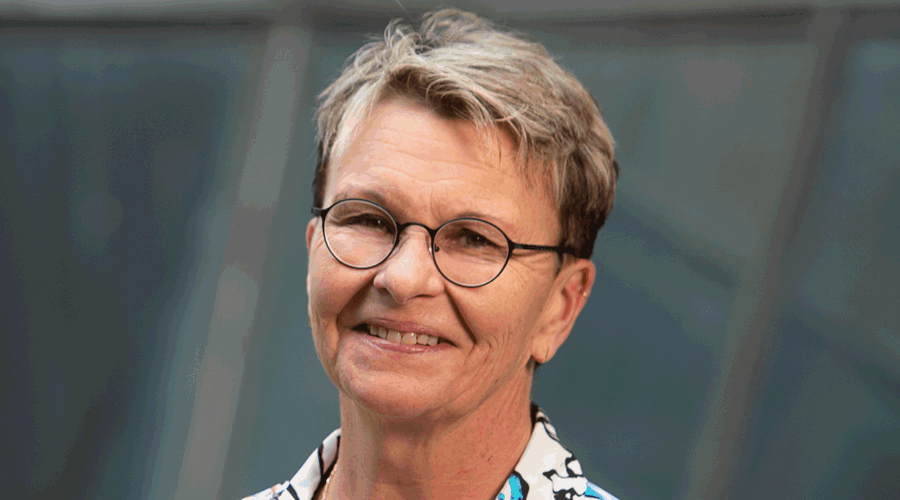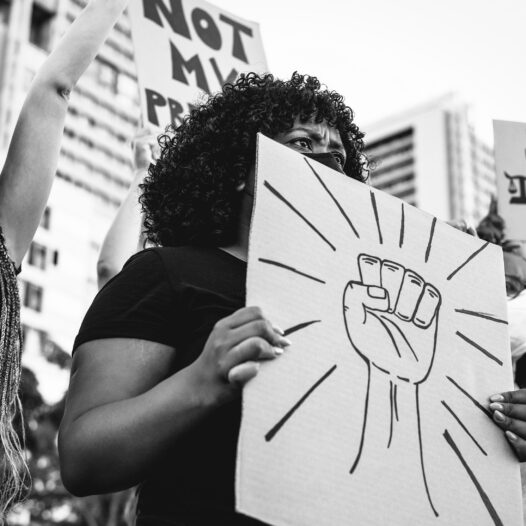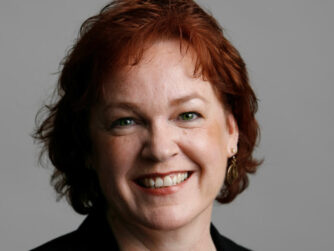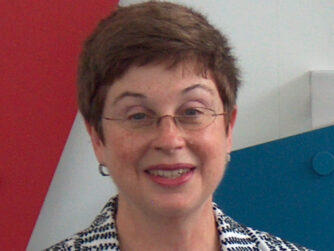Susan A. Green
In this podcast, our guest, Professor Susan A. Green discusses the increased interest among organizations and systems to provide a trauma-informed approach to care and to plan for, implement, and sustain trauma-informed organizational change. She describes what it means and why it is important for an organization to become trauma-informed, the experiences of organizations as they transformed into being trauma-informed, and the benefits of becoming trauma-informed. The episode concludes with a short discussion on the Trauma-Informed Organization Change Manual, which is available through the Institute on Trauma and Trauma-Informed Care (ITTIC).

Susan A. Green, LCSW, is currently a clinical professor at the UB School of Social Work. She is certified as an EMDR therapist, Advanced Critical Incident Stress Management and Trauma-Focused Cognitive Behavioral Therapy. Green has taught courses in social work interventions with children, adults, families, groups and communities; trauma theory and treatment; risk and resilience; and diversity. She is committed to the integration of theory with practice as she combines full-time teaching and training with clinical practice. Green has been working with various groups and individuals for more than 20 years as both a special educator and social worker.
Interviewer: Nancy J. Smyth, PhD, LCSW





